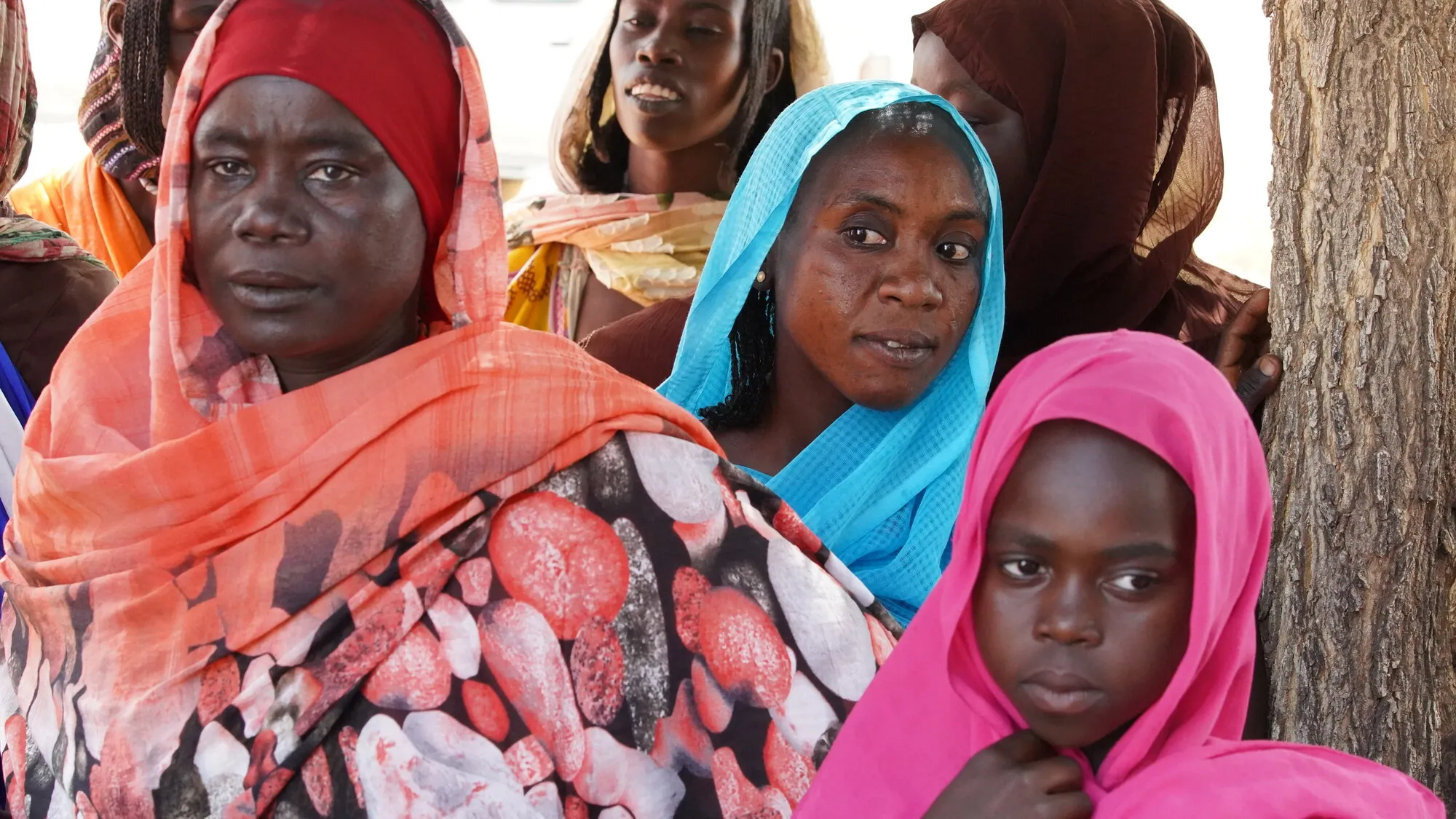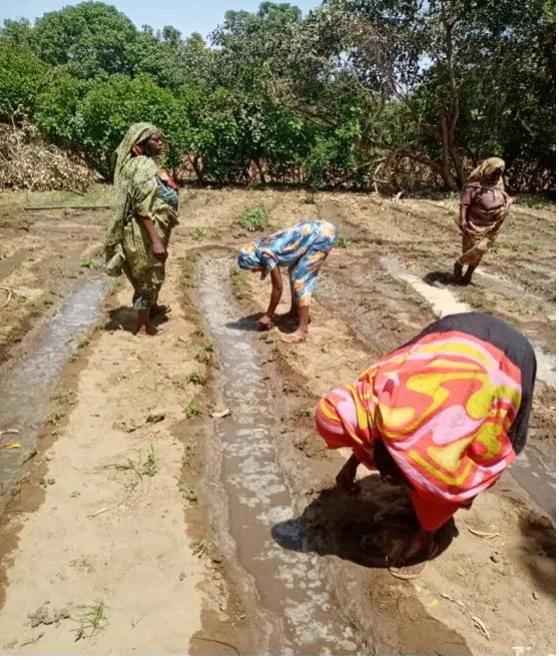In the traditional communities here and across the country, young girls are often forced to stop their education early and get married, work on farms, or take care of household activities.
“I was forced to leave school and get married when I was only 15 years old,” Fatima says. “It was a painful experience to get pregnant and give birth at early age.”
Now, Fatima’s typical day is long, exhausting, and unpaid.
“I have to get up from bed just before dawn,” she says. “I have a lot of work to do. I go directly to milking goats and prepare tea and coffee for my husband and kids, and then I rush to prepare breakfast and move early to the field to take care of the family farm.”
“I spend hours working in unbearable heat under direct sun, planting vegetables and sorghum, and watering fruit trees. In the afternoon I come back to prepare lunch, clean the house and wash clothes.”
“My day is so long, and, although I do most of the work in our family farm, sadly I gain no money for myself.”
Beyond the violence itself
In July of 2021, CARE, WFP, and FAO conducted a joint rapid situation analysis on the impact of COVID-19 on equality between women and men and food security in the Arab Region, with a focus on Sudan.
The results showed that Fatima’s story is typical.





